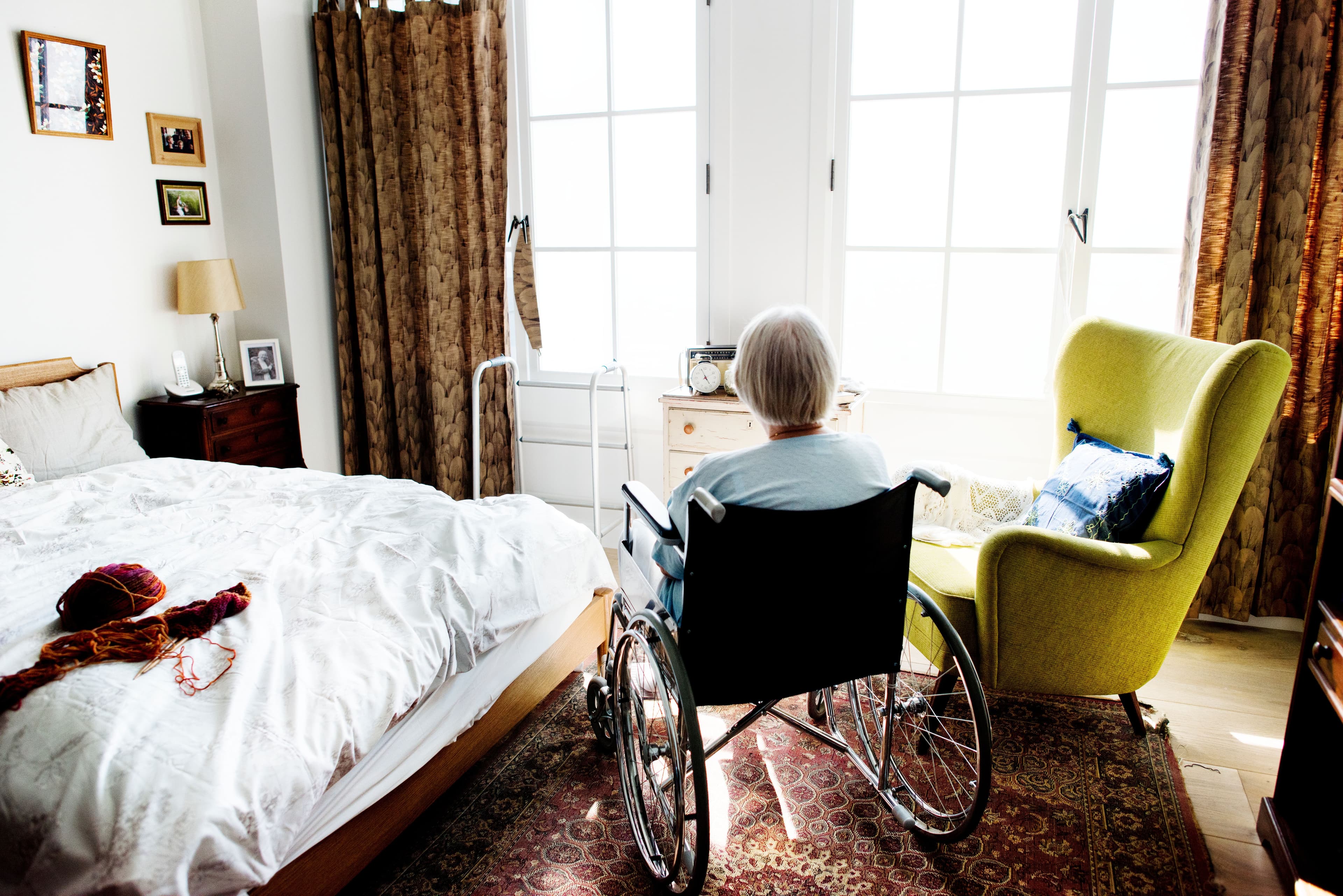
Nursing home abuse and neglect put vulnerable residents at serious risk, leading to malnutrition, dehydration, infections, and preventable injuries. When facilities fail to provide adequate care, residents suffer, and families are left feeling helpless. Lack of supervision, improper medical treatment, and unsafe conditions can result in devastating harm. Understanding the warning signs, knowing your legal rights, and holding negligent facilities accountable are crucial steps in protecting your loved ones. Learn how to take action and seek justice.
November 17, 2025
3 min
For many families, placing a loved one in a nursing home is a difficult but necessary decision. It represents trust—a belief that the facility will provide consistent care and safety. But that trust is often shattered when a facility suddenly evicts or transfers a resident without proper cause or notice.
These removals, sometimes called “involuntary discharges,” can leave vulnerable seniors traumatized and displaced. Families across Ohio report cases where residents were sent to hospitals, shelters, or other facilities without warning—sometimes for financial reasons or as retaliation for complaints.
The law is clear: nursing homes cannot arbitrarily evict or transfer residents. Understanding your rights and the proper legal process is crucial to stopping or reversing an unlawful discharge.
Under federal law (42 CFR § 483.15) and Ohio Administrative Code 3701-17-15, nursing homes can only transfer or discharge residents for specific, legally recognized reasons, including:
Any other reason—such as complaints about care, high-cost needs, or family conflicts—is not legally valid.
Nursing homes must follow strict notification rules before discharging or transferring a resident.
In Ohio, the facility must:
Failure to provide proper notice or an appeal opportunity makes the eviction illegal.
Even though laws protect residents, some facilities still engage in illegal or unethical evictions. Common scenarios include:
Facilities sometimes attempt to remove residents—or pressure families to relocate them—after complaints about neglect or abuse. This is strictly prohibited under federal and Ohio law.
Some facilities send residents to hospitals for treatment and then refuse to readmit them, claiming their needs have changed. This practice, known as “hospital dumping,” is illegal without proper documentation and approval.
Facilities may try to discharge residents who switch from private pay to Medicaid, viewing them as less profitable. This is considered discrimination and is unlawful.
While facilities can act if a resident endangers others, they must document incidents, attempt interventions, and explore alternatives before resorting to eviction.
Each of these examples reflects improper conduct and potential legal liability for the nursing home.

In addition to federal regulations, Ohio law provides strong protections against involuntary or improper discharges.
Under Ohio Administrative Code 3701-17-15, facilities must:
If a resident files an appeal, the facility cannot proceed with the discharge until a hearing decision is made.
The Ohio Long-Term Care Ombudsman plays a vital role in protecting residents from involuntary discharge. Ombudsmen advocate for residents’ rights and can:
Families can contact the Ombudsman at 1-800-282-1206 for free assistance.
If your loved one receives an eviction or transfer notice, it’s critical to act quickly. Here’s what to do:
Families can pursue several legal options when a facility unlawfully evicts a resident:
Courts in Ohio have repeatedly recognized that unlawful nursing home evictions cause significant harm to residents—both physically and emotionally—and must be addressed swiftly.
Beyond the legal implications, forced removals take a severe emotional toll. Seniors who are evicted from familiar surroundings often experience:
For residents with dementia or Alzheimer’s, even minor disruptions can be catastrophic. That’s why laws exist to ensure transfers only occur when truly necessary and handled with dignity.
Attorney Michael Hill, based in Cleveland, Ohio, is a nationally recognized advocate for nursing home residents and their families. He has helped numerous families challenge unlawful discharges and retaliatory evictions across Ohio.
Michael and his team assist families by:
Michael approaches every case with compassion, urgency, and a commitment to justice, ensuring that elderly residents are treated with the dignity and protection they deserve.
Nursing home residents have the right to call their facility home—free from arbitrary or retaliatory eviction. Unfortunately, unlawful discharges remain a growing problem in Ohio and across the country, often leaving vulnerable seniors displaced and traumatized.
Families must remember: you have legal rights and powerful tools to fight back. No facility can evict a resident without valid cause, proper notice, and a fair appeal process.
If your loved one is being threatened with eviction or was removed from a nursing home without cause, Attorney Michael Hill can help. With extensive experience in elder law and nursing home negligence throughout Ohio and the U.S., he will fight to protect your family’s rights and ensure that justice—and safety—are restored.